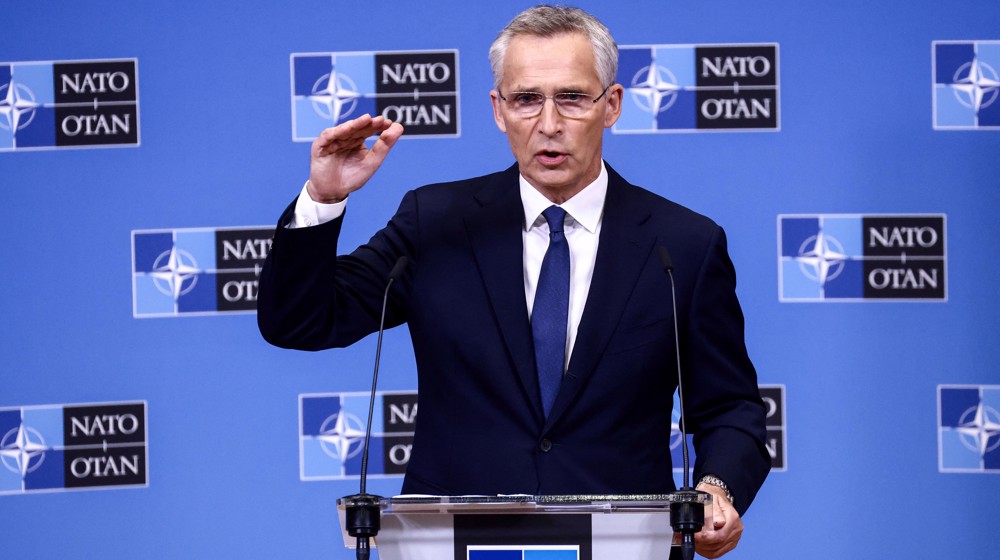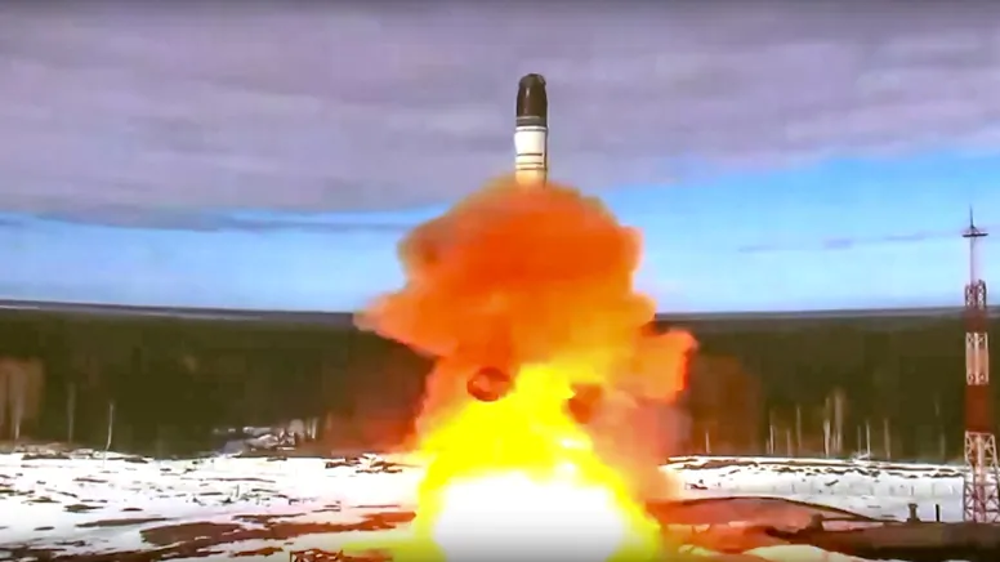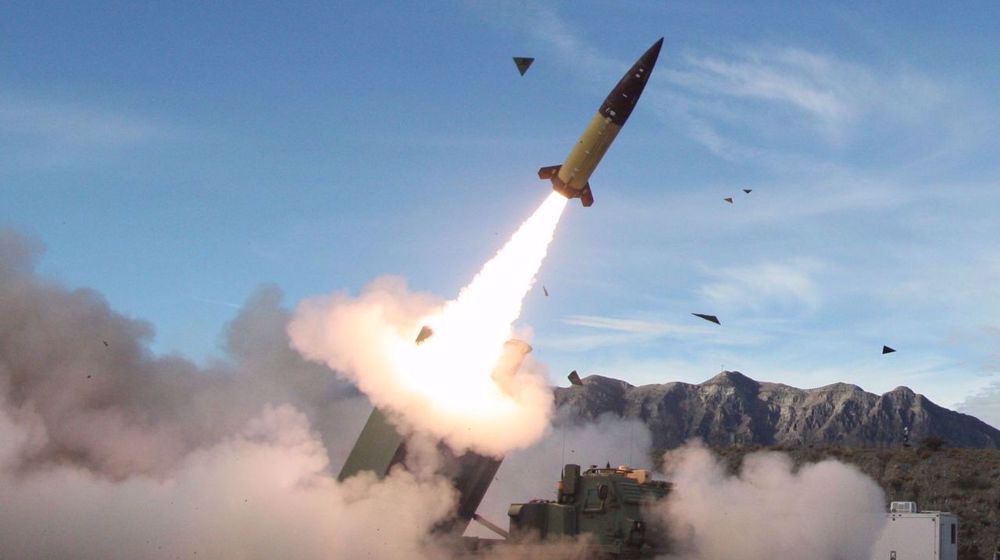NATO set to hold nuclear exercises amid tensions over Ukraine
NATO Secretary-General Jens Stoltenberg says the military alliance will proceed with its annual nuclear exercises next week, amid tensions over the ongoing war in Ukraine.
Stoltenberg said on the eve of a meeting of NATO defense ministers in Brussels on Tuesday that 14 of the 30 NATO member countries would take part in the exercise, dubbed "Steadfast Noon."
"It's an exercise to ensure that our nuclear deterrent remains safe, secure, and effective," he said.
NATO plans to use US nuclear bombs based in Europe with training flights, without live weapons.
The main part of the drill will be held more than 1,000 kilometers from Russia.
"It would send a very wrong signal if we suddenly now canceled a routine, long-time planned exercise, because of the war in Ukraine. That would be absolutely the wrong signal to send," Stoltenberg said.
"NATO's firm, predictable behavior, our military strength, is the best way to prevent escalation," he said.
"If we now created the grounds for any misunderstandings, miscalculations, in Moscow about our willingness to protect and defend all allies, we would increase the risk of escalation," the NATO chief added.
Russia invaded Ukraine in February. The West has been supplying large consignments of heavy weaponry to Kiev since.
Russian President Vladimir Putin said earlier that Russia would "protect our land using all our forces and means at our disposal, and will do everything to ensure people's security," implying the potential use of nuclear weapons.
Stoltenberg described Putin's remark as "dangerous and reckless," threatening Russia with "severe consequences if they use nuclear weapons in any way."
"We are closely monitoring Russia’s nuclear forces," Stoltenberg said. "We have not seen any changes in Russia’s posture, but we remain vigilant."
He also threatened Russia with a "united and determined response" if it attacks NATO allies allies' critical infrastructure.
NATO as an organization does not possess any weapons. The nuclear weapons nominally linked to NATO remain under the firm control of three member countries — the United States, the United Kingdom, and France.
Iran: US airstrikes on Yemen war crimes, violation of international law
Yemeni armed forces down F-18 fighter jet, repel US-UK attack: Spokesman
Iran warns against US-Israeli plot to weaken Muslims, dominate region
VIDEO | Public uproar in US against Israeli regime
‘Ghost town’: 70% of Jabalia buildings destroyed by Israel
Mother’s Day: Sareh Javanmardi’s inspiring journey as Paralympic champion and mother
Russia downs over 40 Ukrainian drones as Putin vows 'destruction' on Kiev
VIDEO | Yemen: A bone in Israeli neck












 This makes it easy to access the Press TV website
This makes it easy to access the Press TV website